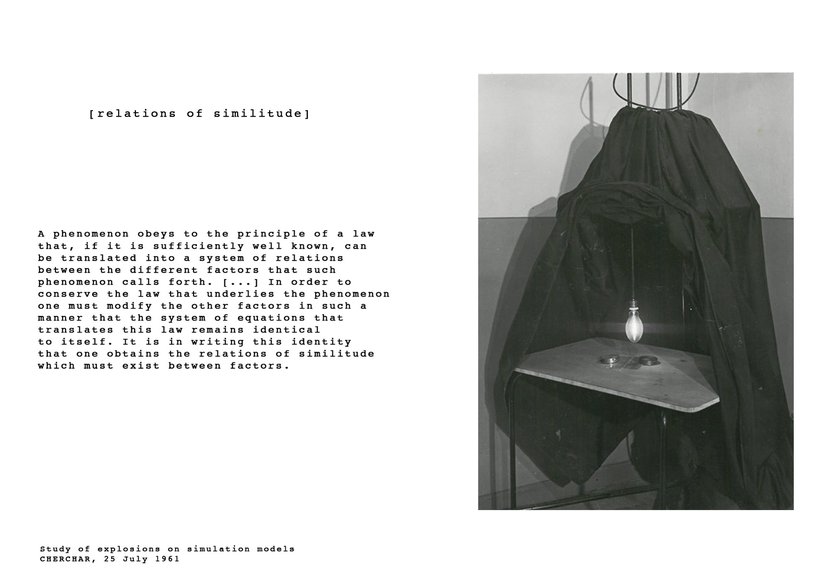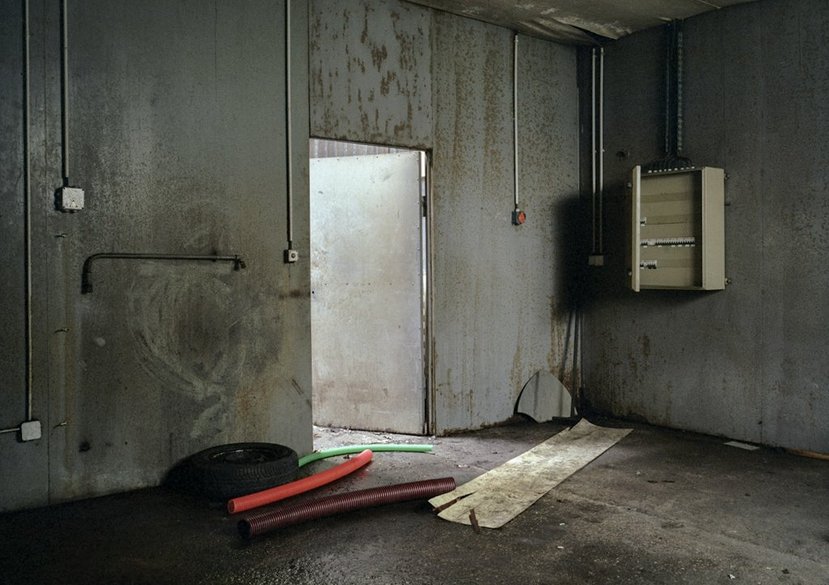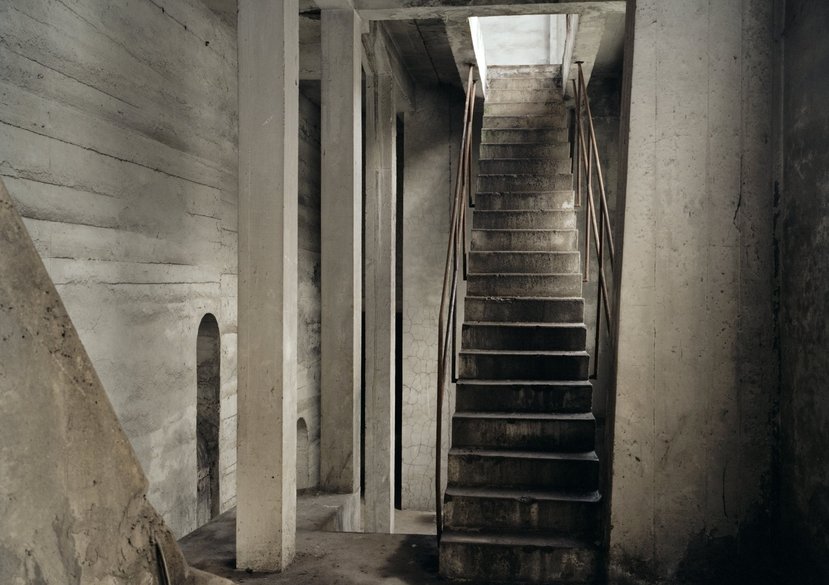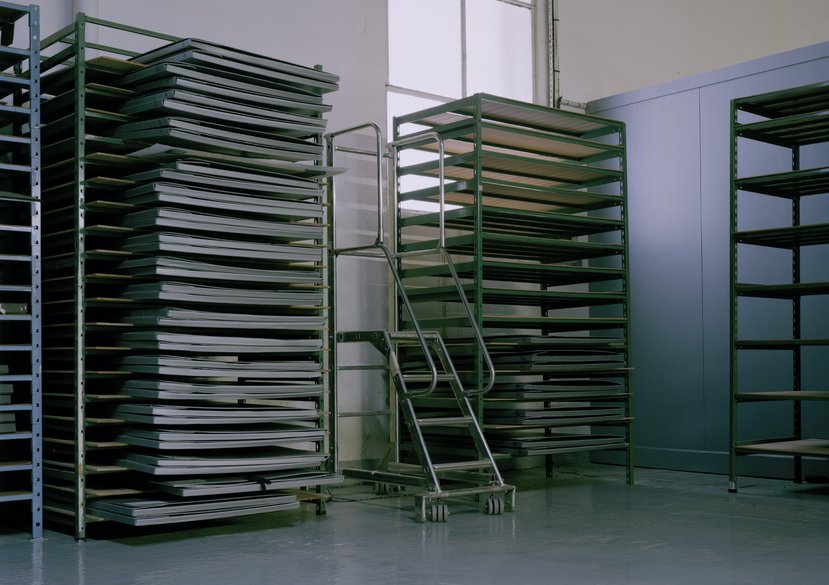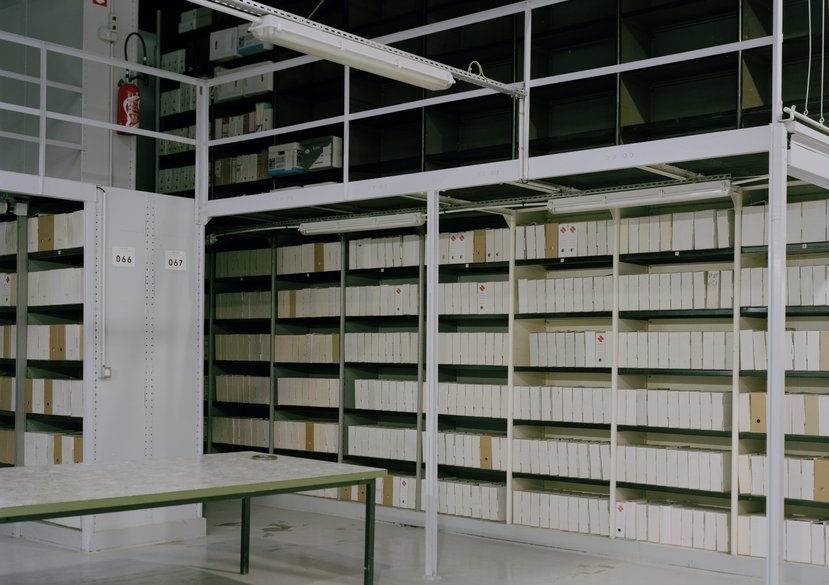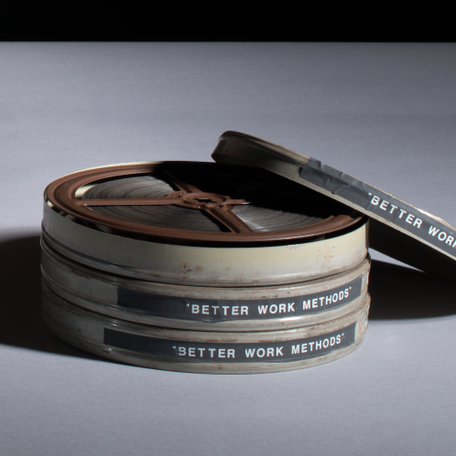
The accident is transmitted photographically in a tension between the representable and the un-representable, the archived and the un-archivable, the administration of life at work and the necropolitical regime of surplus-value. My research follows a multidisciplinary path to consider the critical dimension of the photographic documentation of work-related accidents as found in the (post)industrial archive.
I aim to develop aesthetic and conceptual methodologies engaging with the subversive potential of the photographic record of the accident and its significance for the critique of a form of economic power that normalized work-related risk. I engage with the particular archival holdings of the Centre des Archives Industrielles et Techniques de Moselle, France (CAITM) a source yet untapped by artists. CAITM holds in excess of 20 000 photographs and the greater part of the administrative records of a regional section of Charbonnage de France, the national coal mining conglomerate operative from 1946 to 2008.
The disjunctive agency of the photograph in the optical-industrial complex is considered at the convergence of documentation, cognition, and affect. The accident’s image is disseminated in a multiplicity of forms throughout the archive (photographic, diagrammatic, verbal) while, however, the accident can only be photographed in its aftermath. When encountering the latter one is faced with a cognitive limit, which I propose to discuss through a notion of affect that acknowledges current discussions of a Barthesian concept of affect. Thinking the accident in its relationship to capitalism requires to engage with Michel Foucault’s theory of biopolitics in which concepts of the norm and a power that seeks to regularise life and its processes are developed.
I propose to undertake what I wish to call an accidentology of the archive of economic production. That is the study of the accident as an economic phenomenon pointing to the limits of economic power when faced with the unpredictable.
How can art practice develop a trope of the accident to shape a critique of power that normalises the expenditure of life in the name of surplus-value? How can it develop imaginary and symbolic procedures based on the model of the archive to deliver knowledge about an event that cannot be documented in its actuality? How can it deliver alternative forms or sub-versions of the archive of production?
Taking the archive as a source or a conceptual model of a normative or disjunctive nature, my research addresses the constructed nature of evidence and evidence's power to affect.
